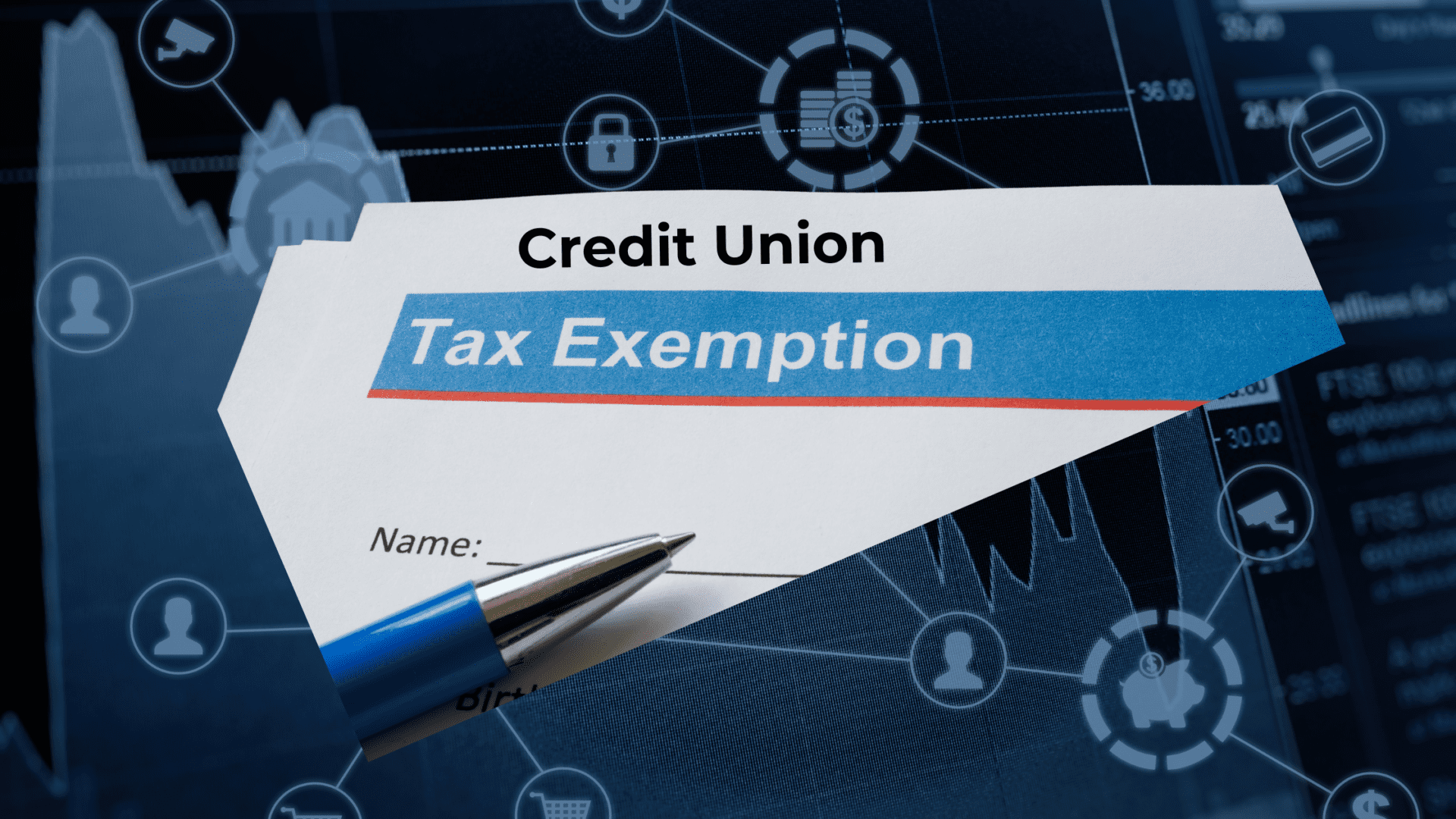The tax-exempt status of credit unions has been a longstanding topic of debate within the financial sector. As these member-owned institutions have evolved, offering services comparable to those of traditional banks, questions arise about the fairness and economic impact of their tax advantages.
The Evolution of Credit Union Tax Status
The U.S. Government Accountability Office (GAO) provides the background on this current issue:
Credit unions were established in 1934 during the Great Depression. Their tax-exempt status was granted to enable them to serve low- to moderate-income communities with a common bond.
Over the decades, many have expanded their membership criteria and service offerings, now providing a range of financial products similar to those of traditional banks. This growth prompts scrutiny over whether their original tax-exempt purpose remains justified.
Chartered Banks’ Perspective on Competitive Imbalance
Chartered banks, as reported by the Independent Community Bankers of America (ICBA), argue that the tax exemption afforded to credit unions results in a competitive imbalance. ICBA analysts highlight that in 2024, credit unions avoided nearly $4 billion in federal income taxes, while holding $2.2 trillion in tax-free assets.
This substantial tax advantage, banks contend, enables credit unions to offer more competitive rates and terms, challenging the viability of tax-paying financial institutions.
Economic Implications of Credit Union Acquisitions
The acquisition of community banks by tax-exempt credit unions further exacerbates concerns among chartered banks.
A study by the Common Sense Institute (a Colorado public policy research organization) indicates that when a state-chartered bank is acquired by a credit union, the state’s corporate income tax revenue decreases, leading to potential budgetary shortfalls.
Common Sense Institute analysts explain the implications further: Assuming that half of potential deals through 2034 involve such acquisitions, the present value of reduced corporate income tax revenue to the state is estimated at $16 million. This reduction could impact public services funded by these taxes.
ICBA Recommendations: Leveling the Financial Playing Field
Given these concerns, banking industry representatives are advocating for a reassessment of the tax policies governing credit unions. They argue that as credit unions have evolved to resemble traditional banks in size and service offerings, it is equitable for them to contribute similarly to tax revenues. The ICBA recommends that policymakers reevaluate the tax-exempt status of credit unions to ensure a level playing field in the financial services market.
Finding Fairness in Credit Union Taxation
The debate over the tax-exempt status of credit unions is multifaceted, involving considerations of:
- Historical intent
- Economic impact
- Competitive fairness
Chartered banks contend that the current tax framework grants credit unions an undue advantage, affecting market dynamics and state revenues.
As the financial landscape continues to evolve, there is seemingly one juncture of agreement on this issue: Policymakers and industry stakeholders will need to continue their informed discussions, working toward a solution that balances the interests of all involved parties while ensuring industry-wide fairness and sustainability.



















